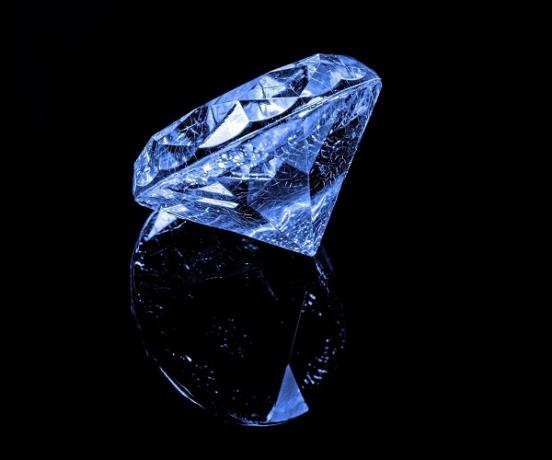Biology it's the life study. It is about knowledge about ourselves and about the world of which we are part and in which we operate. It is a word formed by the Greek terms “BIOS" (life and "logos” (study) whose literal meaning is “study of life”. It is a natural science that studies the origin and characteristics of living beings and their interactions with the environment.
Living beings are divided into five major kingdoms, classified according to the number of cells (unicellular or multicellular), cell organization (prokaryotes or eukaryotes) and type of nutrition (autotrophs or heterotrophs):
Kingdom Monera: unicellular organisms and prokaryotes (cells without individual nucleus). E.g.: bacteria and algae
Protist Kingdom: unicellular and eukaryotic organisms (cells with individual nucleus). E.g.: single-celled protozoa and algae
Kingdom Fungi: eukaryotic and heterotrophic organisms (they do not synthesize their own food). E.g.: fungi, mushrooms, molds
Kingdom Plantae (Metaphyta): multicellular, eukaryotic and autotrophic (photosynthetic) organisms. E.g.: plants
Kingdom Animalia (Metazoa): multicellular, eukaryotic and heterotrophic organisms.
Biology is subdivided into different areas to deepen the various and complex aspects related to living beings, some of them being: Anatomy, Evolutionary Biology, Cellular and Molecular Biology, Botany, Ecology, Genetics, Histology, Zoology.
Some scientists with relevant contributions in some areas of Biology were: Alexander Fleming (British doctor – discovered penicillin), Carlos Lineu (Swedish botanist – father of modern taxonomy), Charles Darwin (British naturalist - theory of the evolution of species), Louis Pasteur (French chemist - inventor of pasteurization), among others.
See too:
- Biotechnology
- biomedicine


